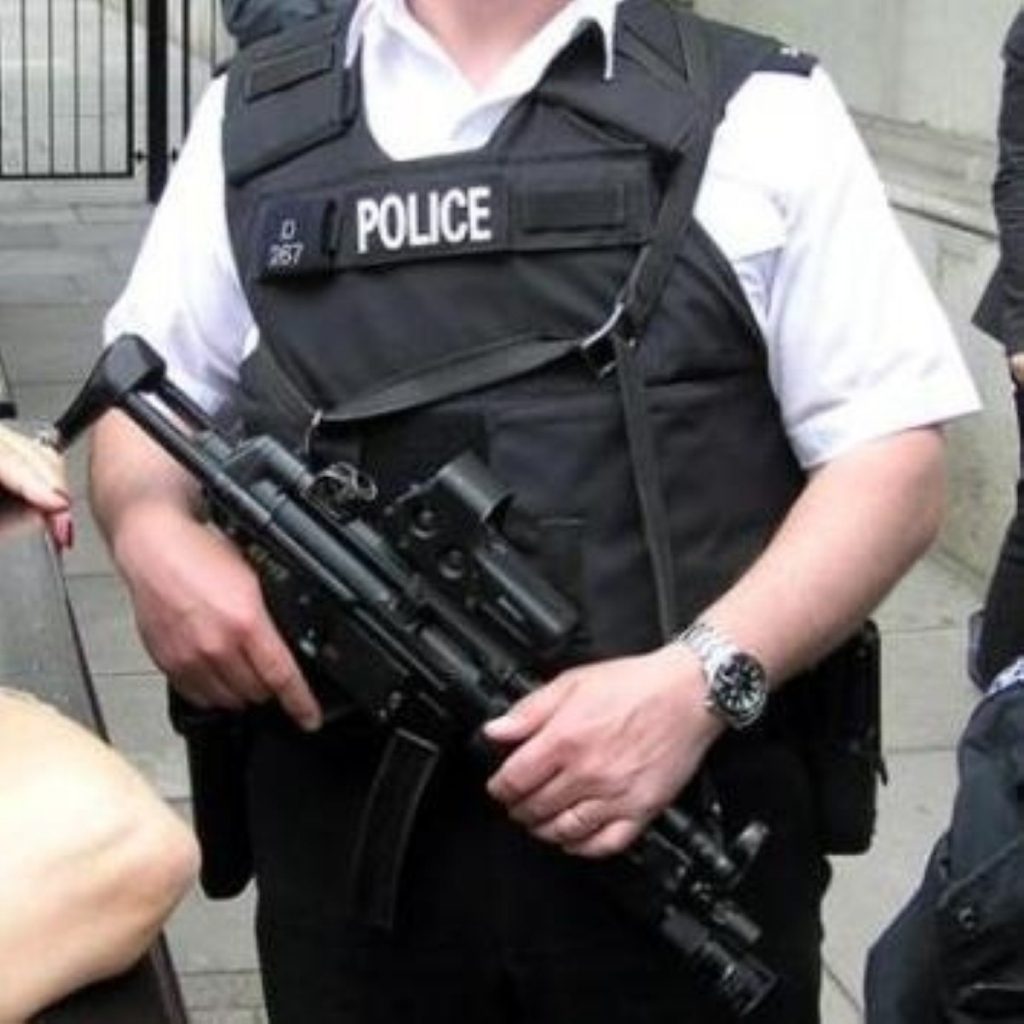New anti-terror police powers proposed
Police in Britain could be granted new powers to stop and question people under new anti-terror legislation being weighed up by the government.
The move would see stringent police powers in Northern Ireland extended across the country, allowing officers to quiz individuals on their identity and their movements, without suspecting that a crime has or is about to take place.
Civil liberty campaigners have already attacked the plans for granting police powers up to now only seen during times of war, while commentators have suggested the legislation could be pushed through before prime minister Tony Blair and home secretary John Reid step down next month.
Writing in the Sunday Times today, Mr Blair criticises the judiciary for claiming that “civil liberties come first” ahead of the safety of the general population, dubbing this viewpoint a “dangerous misjudgement”.


The proposed new powers, which would grant police the right to charge an individual with a criminal offence if they refuse to say who they are, where they had been and where they are going, could be introduced in Britain as they are removed in Northern Ireland as part of the peace process.
Last week three terror suspects subject to control orders absconded, leading to Mr Reid condemning his opponents for not allowing the government to impose more severe restrictions on those suspected of terrorism.
In a letter to the prime minister, the Sunday Times claims that counter-terrorism minister Tony McNulty wrote that the stop and question powers would be “very useful UK-wide”.
“Arguably one of the weaknesses of [stop and search] is that although it enables a search of an individual, it does not enable a police officer to ask that individual who they are or where they are going,” Mr McNulty writes.
“Therefore a less intrusive power of stop and question that could be used by the police in the first instance would be useful. The effect of this power should therefore be to reduce the number of times stop and search is used.”
Jane Winter, director of British Irish Rights Watch said today that the stop and question plans represented one of the “most significant moves on civil liberties since the second world war”, equating the new powers to using a “sledgehammer to crack a nut”.
And civil rights organisation Liberty’s director Shame Chakribarti added: “This looks like political machismo, a legacy moment.
“Stopping and questioning anyone you like will backfire because people will be being criminalised.”









